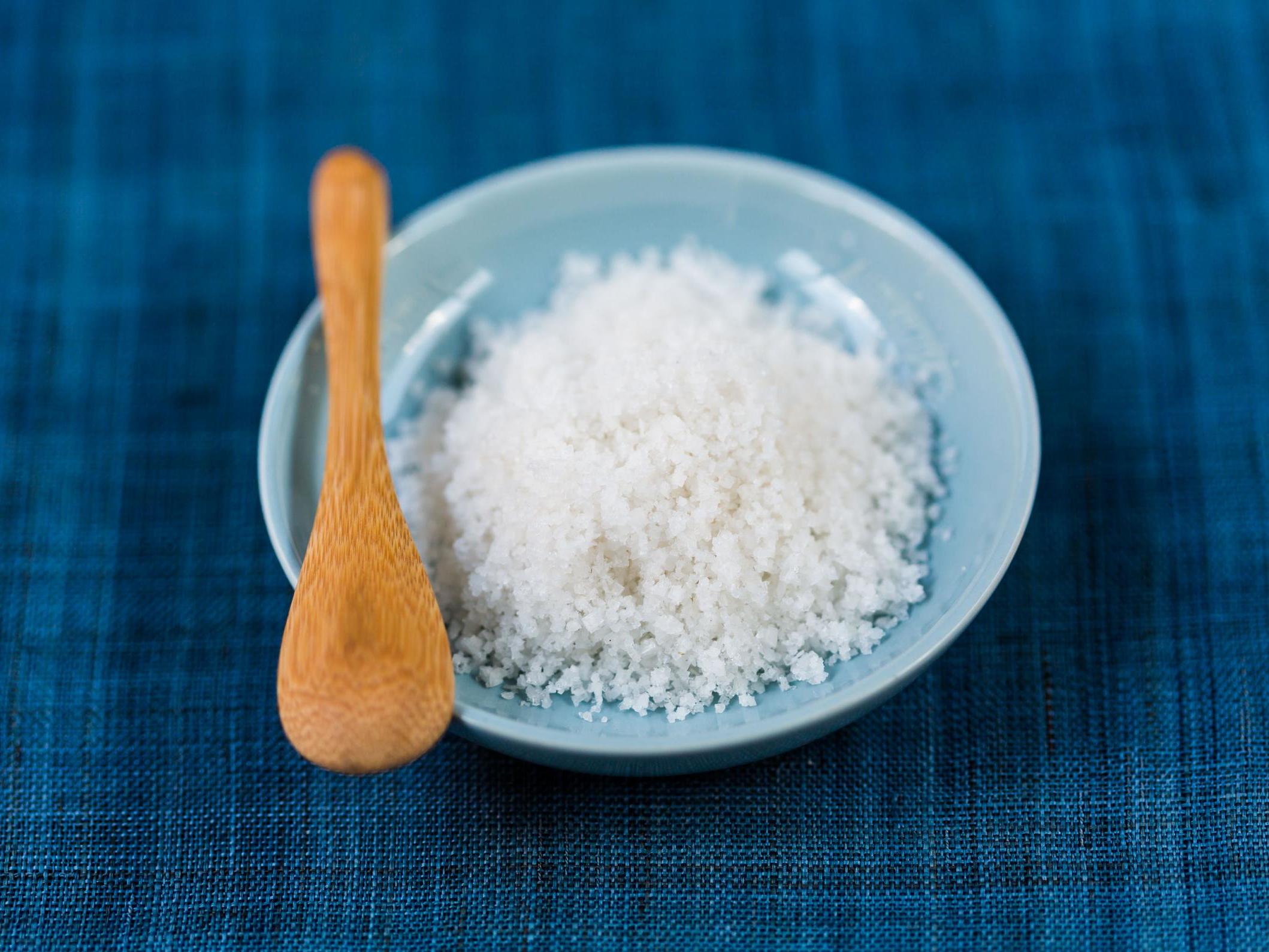Government’s ‘laissez-faire’ approach to salt reduction will ‘kill or maim thousands’, experts warn
Decision by Andrew Lansley to let food industry self regulate salt reductions responsible for more than 1,000 deaths since 2011

Your support helps us to tell the story
From reproductive rights to climate change to Big Tech, The Independent is on the ground when the story is developing. Whether it's investigating the financials of Elon Musk's pro-Trump PAC or producing our latest documentary, 'The A Word', which shines a light on the American women fighting for reproductive rights, we know how important it is to parse out the facts from the messaging.
At such a critical moment in US history, we need reporters on the ground. Your donation allows us to keep sending journalists to speak to both sides of the story.
The Independent is trusted by Americans across the entire political spectrum. And unlike many other quality news outlets, we choose not to lock Americans out of our reporting and analysis with paywalls. We believe quality journalism should be available to everyone, paid for by those who can afford it.
Your support makes all the difference.Tory ministers’ decision to let the food industry regulate its own salt reduction efforts has caused thousands heart disease, strokes and cancers, and hundreds of deaths, a damning study has found.
The number of avoidable deaths could climb as high as 9,000 by 2025, with tens of thousands more potentially “maimed” by their condition unless the government corrects its “laissez-faire” approach to salt levels, the researchers said.
Salt reductions in UK ready meals and processed foods has decreased markedly slower after the introduction of the Public Health Responsibility Deal, launched by coalition government health secretary Andrew Lansley in 2011.
Prior to this, salt reduction targets had been agreed by the independent Food Standards Agency and industry, and backed up by the threat of statutory imposition.
After this switch to the Department of Health in 2011 the rate of salt reduction almost halved, the researchers from Imperial College London, Liverpool University and the University of Sterling found.
“The policy messages from this dietary salt reduction analysis could not be clearer,” Professor Simon Capewell, from the University of Liverpool, said.
“The UK Government has a stark choice – either continue its laissez-faire approach which will kill or maim thousands more people, or reactivate the successful FSA approach which would prevent thousands of deaths, and powerfully assist the NHS and UK economy.”
Calls for regulation come just weeks after Boris Johnson, the frontrunner to succeed Theresa May as Conservative Party leader, swore to halt and potentially scrap so called “sin taxes” on sugar, alcohol, and tobacco.
The latest findings show, as of 2018, there have been 9,900 cardiovascular disease diagnoses, and 710 deaths, that would have been avoided if salt reductions continued at pre-2011 levels. This is in addition to 1,500 stomach cancer diagnoses, leading to 610 deaths and a cost of £160m to the economy from NHS care and lost productivity.
But the research, published in the Journal of Epidemiology and Community Health, warns that if nothing changes from now until 2025, an estimated 35,000 extra cases of heart disease and stroke will have occurred since 2011, with an extra 6,400 deaths. An additional 5,300 cases of stomach cancer may also have been diagnosed since 2011, with an extra 2,500 deaths from this disease.
The researchers said that in 2000-01, average daily dietary salt intake was 10.5g for men and 8g for women in England, between 2003 and 2010 it fell by 0.2g among men and by 0.12 g among women.
But between 2011 and 2014, annual reductions in dietary salt intake slowed to 0.11g among men and to 0.07g among women, they said.
In 2012, leading cardiologist Professor Simon Capewell, who had helped draw up Tory manifesto on public health, blasted Andrew Lansley’s “dereliction of duty” on healthy eating.
He likened the Responsibility Deal to putting “Dracula in charge of the blood bank” and this was backed up in 2015 by the government’s own analysis which found it had derailed improvements and put the public at risk.
Tracy Parker, from the British Heart Foundation, said: “There is a wealth of evidence that links a high salt consumption to raised blood pressure, a risk factor for coronary heart disease and stroke.”
“While we’ve seen a positive change in the average salt consumption since the introduction of the voluntary pact, we are still consuming well above the recommended maximum of 6g a day.”
Responding on behalf of the government, Dr Alison Tedstone, chief nutritionist at Public Health England, said voluntary action has already cut the nation’s salt consumption by 11 per cent.
“However more needs to be done,” she added. “PHE’s review last December shows a mixed bag across the industry with just over half of all average salt reduction targets met and retailers making more progress than manufacturers.
“It is clear that with the right leadership from industry, further salt reduction in foods is still possible.”
Tim Rycroft, chief operating officer of the Food and Drink Federation (FDF), speaking for the industry, said salt was important for preservation and texture so removing it wasn’t just a matter of taste.
“FDF members have led the way in voluntarily reducing salt in food,” he said. “Compared to four years ago, FDF member products contribute 14 per cent less salt to the average shopping basket, continuing to build on two decades of steady reformulation work following successive voluntary targets.”
Additional reporting by PA
Join our commenting forum
Join thought-provoking conversations, follow other Independent readers and see their replies
Comments